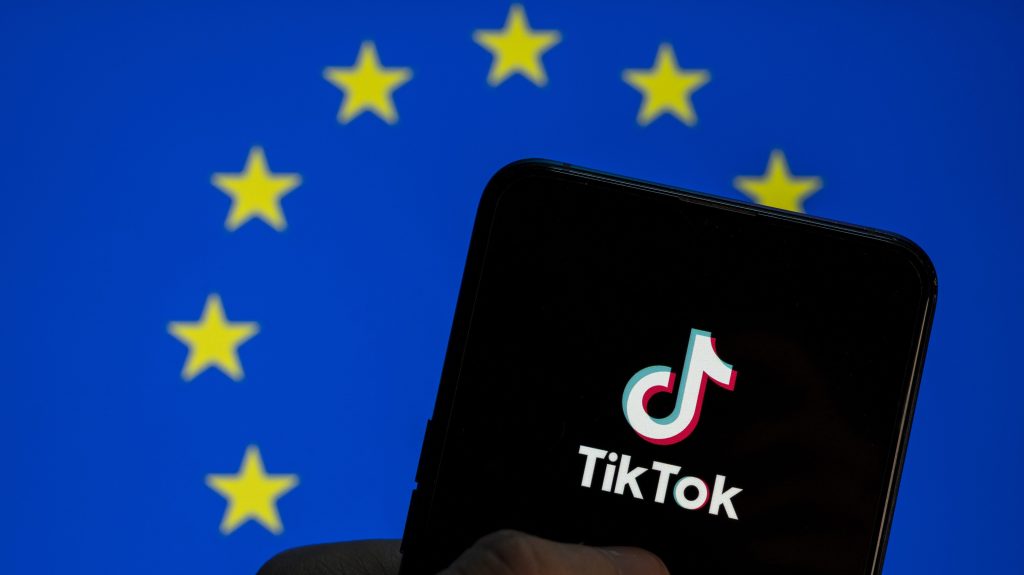
TikTok is introducing a data portability API to help it comply with new European regulations designed to rein in Big Tech’s market dominance through various obligations and restrictions.
The European Union (EU) assigned “gatekeeper” status to six tech companies last September, with TikTok parent ByteDance placed in the regulatory firing line alongside Alphabet, Amazon, Apple, Meta and Microsoft. While TikTok/ByteDance continues to contest the decision to give it gatekeeper status, arguing that it is actually a challenger rather than an incumbent, for now it has to comply with the various DMA obligations that come into force after March 6.
Data transfers
Data portability and interoperability constitutes a major part of the DMA regulations, and tech companies have been bolstering their efforts on this front for several years in preparation. TikTok, for its part, already allowed users to download a copy of their posts and request a copy of their data for the purposes of using it on other platforms — but this was a static process that didn’t account for the fact that data is constantly changing and refreshing.
Thus the data portability API goes some way toward addressing that limitation, allowing third-party developers to build conduits for data to travel from TikTok to their own apps — if the user authorizes this. This can be configured for recurring or one-time transfers, and is designed to counter the traditional “walled garden” approach that social networks of yore are famed for.
Through the API, developers can request access to “all available data,” or individual categories, including TikTok posts and profile data, activity and direct messages (DMs).
The data portability API is available to applicants globally, but the developer must be able to demonstrate a “well-defined use case” before they will be approved. Moreover, the API is only applicable to users in the European Economic Area (EEA), so the developer must be able to distinguish their market segments regionally.
On top of that, TikTok said that it’s also refreshing its main “download your data” tool, so users can now choose which categories of data they wish to download (e.g. DMs or posts). This update will land first in the EEA, but it will be made available globally in the future.




